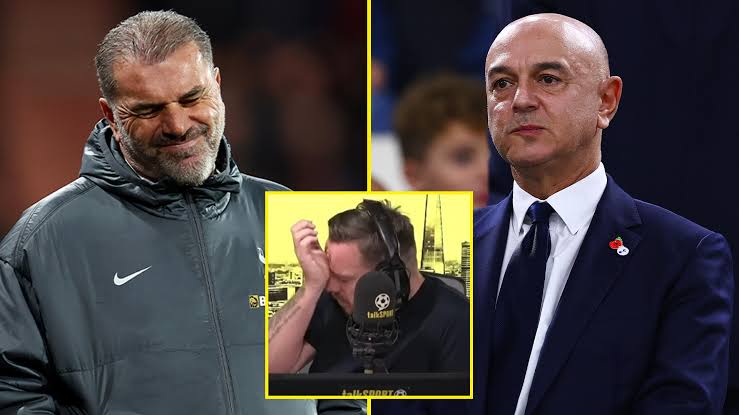Postecoglou: I didn’t want to be 70 saying I could have signed Him

Tottenham Hotspur’s decision to sign young midfielder Archie Gray from Leeds United has sparked debate and intrigue. While the club has shown a commitment to developing young talent, questions remain about the balance between youth and experienced players in the squad.
Gray, a versatile 18-year-old, has already made a significant impact at Tottenham, featuring in 18 matches across all competitions. His ability to adapt and play in different positions, including center-back, has been crucial for the team, particularly during injury crises. The £40 million deal for Gray, which involved a player exchange, highlights the club’s belief in his potential.
However, the signing of Gray alongside other young players like Lucas Bergvall and Wilson Odobert has drawn criticism from some quarters. Concerns have been raised about the club’s apparent focus on youth development over acquiring established, experienced players. This debate intensified following the summer transfer window, where Dominic Solanke was the only permanent signing to immediately bolster the starting lineup.
Manager Ange Postecoglou acknowledged the criticism, stating that the club may need to shift its transfer strategy slightly to incorporate more experienced players. He emphasized the importance of providing a supportive environment for young players to grow, while also acknowledging the need for a balanced squad. Postecoglou reiterated his belief in Gray’s potential, stating that he wouldn’t want to regret passing up on such a talented young player.
Postecoglou’s decision to prioritize Gray reflects a long-term vision for the club. By investing in young talent, Tottenham aims to build a sustainable future and potentially reap significant rewards in the years to come. However, the club must also ensure that the squad has the necessary experience and depth to compete at the highest level.
The signing of Gray also highlights the increasing importance of youth development in modern football. Clubs are increasingly recognizing the value of identifying and nurturing young talent, both for on-field success and financial stability. The development of a strong youth academy can provide a sustainable pathway for young players to progress into the first team, while also generating significant revenue through player sales.
However, the challenge for clubs like Tottenham lies in striking the right balance between youth development and immediate success. Investing heavily in young players can be a long-term strategy, while the pressure to achieve results in the short term can be significant.
Postecoglou’s approach at Tottenham reflects this delicate balancing act. While he has shown a willingness to integrate young players into the first team, he has also emphasized the need for experienced players to guide and support the younger members of the squad. This approach has yielded positive results so far, with Gray and other young players making valuable contributions to the team.
The signing of Gray also raises questions about the role of youth academies in modern football. While many clubs have invested heavily in their youth development programs, the pathway to the first team can be challenging for young players. The pressure to perform at a young age, combined with the financial realities of modern football, can create significant obstacles for aspiring professionals.
However, the success of players like Gray highlights the importance of providing a clear pathway for young players to progress through the ranks. This involves creating a supportive environment, providing opportunities for development, and ensuring that the club’s philosophy aligns with the needs of young players.
In conclusion, Tottenham’s decision to sign Archie Gray reflects a long-term vision for the club, which involves investing in young talent and building a sustainable future. While the club must also address the need for more experienced players, the signing of Gray represents a significant step towards achieving this goal. The success of Gray and other young players at Tottenham will depend on a number of factors, including the club’s ability to provide a supportive environment, the quality of coaching, and the overall development of the squad.















